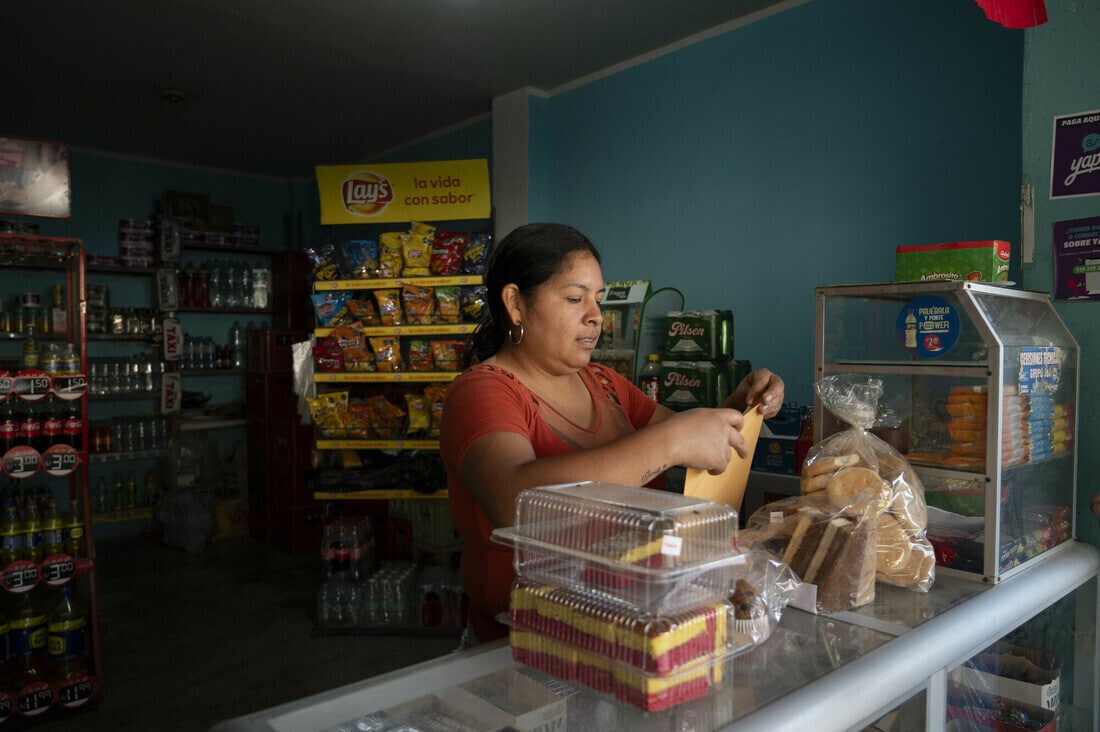This viral reading initiative is getting kids into books

Reading is important, but also comprehension. Image: Unsplash/Ben White

Get involved with our crowdsourced digital platform to deliver impact at scale
Stay up to date:
Education
Listen to the article
- Pupils in the UK and Ireland read 27,265,657 books in the academic year that ended in July 2022, an increase of 24% compared with the previous year.
- Reading role models are now as likely to be found on platforms like BookTok as they are in school or the community at large, a new report suggests.
- The World Economic Forum's Book Club features a book each month and invites readers worldwide to discuss various fiction and non-fiction books.
Could social media be encouraging children to read more?
That’s one theory in the What Kids Are Reading report. Pupils, tracked by Renaissance International’s Accelerated Reader (AR), read 27,265,657 books in the academic year to July 2022, an increase of 24% compared with the previous year.
That’s positive because the benefits of reading have been widely documented, with the report noting that reading “has cognitive consequences that extend beyond its immediate task of lifting meaning from a particular passage”.
According to Alison Tarrant, chief executive of the School Library Association and author of the report’s foreword, “The multitude of research around the benefits of reading for pleasure is hard to ignore.” These include “increased vocabulary acquisition, higher levels of well-being, readers are more articulate, and the reading habit is more important for educational success than the family’s socio-economic status”, she added.
And reading in childhood can lead to other benefits in adulthood, such as mindfulness, the report notes. The World Economic Forum's Book Club features a book each month and invites readers worldwide to discuss a variety of fiction and non-fiction titles.
Improving literacy levels worldwide is a big part of the Forum’s work through the Education 4.0 alliance, which seeks to support educators, parents, policymakers and employers to transform education through public-private partnerships.
What is the World Economic Forum's Book Club?
The report also highlighted a split along income lines, citing statistics from The National Literacy Trust showing that fewer than half (48%) of children and young people said they enjoyed reading either very much or quite a lot. Reading enjoyment was particularly poor for children and young people from disadvantaged backgrounds.
Other statistics show divisions around comprehension levels. In the poorest countries of the world, 90% of children are not able to read with comprehension when they reach the end of primary school, according to research by Joāo Pedro Azevedo. And while the statistics are better in rich countries, there are still about 9% of children in high-income countries that cannot read with comprehension at the end of primary school, underscoring the need to encourage reading at every stage.
Has BookTok increased reading?
The uptick in reading, as shown in the report, was likely affected by multiple factors, including the influence of social media. Reading role models are now as likely to be found on platforms like BookTok as they are in school or the community at large, the report said.
BookTok is a hashtag on video sharing app TikTok, which had 1.4 billion monthly active users in 2022 and is expected to reach 1.8 billion by the end of 2023.
The report noted the emergence of authors including Alice Oseman, which it described as “a prominent star of BookTok”. The author’s novel Heartstopper Volume One rose to be the favourite book among secondary school readers, from 10th last year, it said.
What’s clear is that social media has the power to influence all our habits, and reading is no different.
Don't miss any update on this topic
Create a free account and access your personalized content collection with our latest publications and analyses.
License and Republishing
World Economic Forum articles may be republished in accordance with the Creative Commons Attribution-NonCommercial-NoDerivatives 4.0 International Public License, and in accordance with our Terms of Use.
The views expressed in this article are those of the author alone and not the World Economic Forum.
The Agenda Weekly
A weekly update of the most important issues driving the global agenda
You can unsubscribe at any time using the link in our emails. For more details, review our privacy policy.
More on Education and SkillsSee all
Jeff Maggioncalda
June 21, 2024
Chun Yin Mak
June 18, 2024
Rahmin Bender-Salazar, Breanne Pitt and Christian Roth
June 13, 2024
Mark Muckerheide
May 21, 2024







